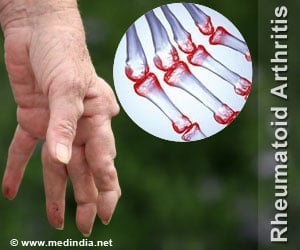A study reveals that common genetic variants in CCDC141 and SCN10A affect Wolff-Parkinson-White syndrome, increasing the risk of life-threatening heart rhythm disturbances.

Genome-Wide Association Study of Accessory Atrioventricular Pathways
Go to source).
Genetic Variants and Their Impact on Wolff-Parkinson-White Syndrome
Accessory pathways are present in approximately 0.3% of individuals, though the actual prevalence may be higher since many of these pathways do not produce symptoms that lead to a diagnosis. It is thought that other individual factors can affect the likelihood of experiencing rhythm disturbances in those with accessory pathways.‘Genetic variants in common genes can significantly influence heart rhythm risks in Wolff-Parkinson-White syndrome. #genetics #medindia
’





The results of the genetic study showed that three sequence variants, two in the gene CCDC141 and one in the gene SCN10A, affect the accessory pathways and consequent rhythm disturbances. The variants are common, with frequencies ranging from 3-62%. The variants also associate with increased conduction velocity in the atria, and heart rate regulation, supporting the notion that these factors influence the risk of rhythm disturbances among those with accessory pathways.While medical therapy can reduce the risk of rhythm disturbances, the only definitive treatment for accessory pathways is to ablate the pathway. This procedure is not without risks, and therefore risk assessment is a key factor in treatment choice. Knowledge about the genetics of accessory pathways and their consequences is limited, but such information could prove useful for risk assessment.
Reference:
- Genome-Wide Association Study of Accessory Atrioventricular Pathways - (https://jamanetwork.com/journals/jamacardiology/article-abstract/2823101)
Source-Medindia











